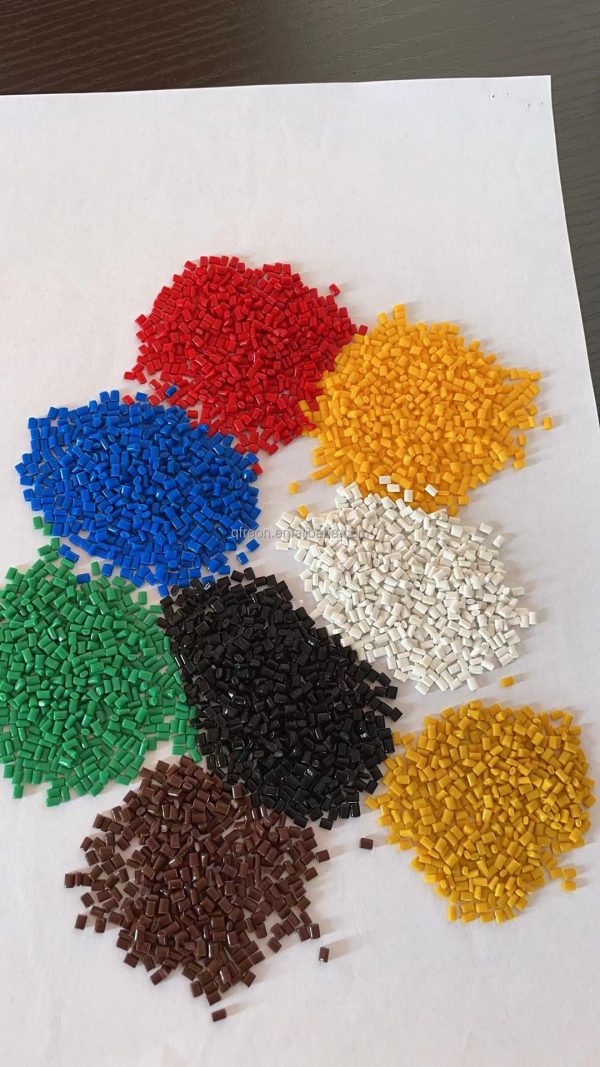In today’s rapidly advancing industrial landscape, materials that combine durability, flexibility, and chemical resistance are in high demand. Fluorinated ethylene propylene (FEP) resin tube stands out as a top choice for industries ranging from electronics to pharmaceuticals. As a leading manufacturer and innovator in the field, Quzhou Qfreon Chemical Co., Ltd. (hereafter referred to as Qfreon) is at the forefront of delivering high-quality FEP tubing solutions. In this article, we dive into the unique flexibility of FEP resin tube, its wide-ranging applications, and the latest industry developments shaping its future.
What Makes FEP Resin Tube Exceptionally Flexible?
FEP, or fluorinated ethylene propylene, is a copolymer of hexafluoropropylene and tetrafluoroethylene. This unique composition gives FEP tubes remarkable flexibility without sacrificing their strength or chemical inertness. Unlike many other fluoropolymers, FEP can be extruded into thin-walled tubes that retain their shape even when bent or twisted, making them ideal for dynamic applications.
One of the core strengths of FEP tubing, as highlighted by Qfreon’s research and product development, is its ability to withstand repeated flexing and movement. This property is crucial in environments where tubing must adapt to changing positions or be routed through complex assemblies, such as in semiconductor manufacturing or intricate laboratory setups.

PTFE dispersion emulsion
Refrigerant gas R507
FEP Master batch
Refrigerant gas R22
Key Features of Qfreon FEP Resin Tubes
- High flexibility and kink resistance
- Excellent chemical resistance to acids, bases, and solvents
- Wide temperature range (-200°C to +200°C)
- Non-stick, low-friction surface
- Transparent for easy visual inspection of contents
Qfreon’s proprietary extrusion techniques further enhance the flexibility of their FEP tubing, ensuring consistent wall thickness and superior clarity. This results in tubing that not only performs reliably but also meets the stringent quality demands of modern industries.
Industry Applications: Where Flexibility Matters Most
The flexibility of FEP resin tube is not just a technical advantage—it’s a practical necessity in numerous sectors. At Qfreon, customer feedback and market analysis have shown that industries such as medical device manufacturing, food processing, and chemical analysis rely heavily on FEP’s unique properties.
Medical and Pharmaceutical Use
In medical devices, FEP tubing is used for catheters, fluid transfer, and protective sheaths. Its flexibility allows for minimally invasive procedures and easy integration into complex devices. Furthermore, FEP’s biocompatibility and sterilizability make it a preferred choice for sensitive applications.
Electronics and Semiconductor Manufacturing
Qfreon supplies FEP tubing to electronics manufacturers who need reliable insulation for wiring and fluid transfer in cleanroom environments. The combination of flexibility and chemical resistance ensures that the tubing can be routed through tight spaces without risk of damage or contamination.
Laboratory and Analytical Equipment
Flexible FEP tubing is vital in laboratory setups, where it connects various instruments and containers. Its transparency and inertness ensure that samples remain uncontaminated and visible during analysis.
Industry Trends: The Future of Fluoropolymer Tubing
The global demand for high-performance fluoropolymer tubing is on the rise, driven by technological innovation and stricter regulatory standards. As industries push for greater efficiency, safety, and reliability, manufacturers like Qfreon are investing in advanced production methods and sustainable practices.
One emerging trend is the increasing use of PTFE resin powder as a complementary material to FEP. While FEP offers superior flexibility, PTFE resin powder is valued for its exceptional chemical resistance and thermal stability. Qfreon is actively researching hybrid solutions that combine the best attributes of both materials, opening new possibilities for customized tubing solutions.
Additionally, as industries move toward automation and miniaturization, the need for ultra-flexible, small-diameter tubing is growing. Qfreon’s R&D team is focused on developing microbore FEP tubes with enhanced mechanical properties, addressing the evolving needs of sectors like microelectronics and biotechnology.
Qfreon’s Commitment to Quality and Innovation
As a trusted name in the fluoropolymer industry, Qfreon upholds rigorous quality control standards across all stages of production. From raw material selection to final inspection, every batch of FEP resin tube is tested for flexibility, strength, and purity.
Qfreon also emphasizes customer collaboration, offering technical support and customization services to address unique project requirements. Whether clients need tubing with specific dimensions, colors, or performance characteristics, Qfreon’s engineering team works closely with them to deliver tailored solutions.
Certifications and Compliance
- ISO 9001:2015 Quality Management System
- RoHS and REACH compliance
- FDA and USP Class VI approval for medical-grade tubing
These certifications reflect Qfreon’s dedication to safety, reliability, and global market accessibility.
Conclusion: The Flexible Future of FEP Tubing
The flexibility of FEP resin tube is more than a material property—it’s a catalyst for innovation across multiple industries. With ongoing advancements in fluoropolymer technology and a steadfast commitment to quality, Qfreon is poised to lead the way in delivering next-generation tubing solutions. As the demand for flexible, high-performance materials continues to grow, Qfreon’s expertise ensures that customers receive products that meet and exceed their expectations.
For more information about Qfreon’s FEP resin tube offerings or to discuss your specific application needs, visit the company’s official website or contact their technical support team today.
